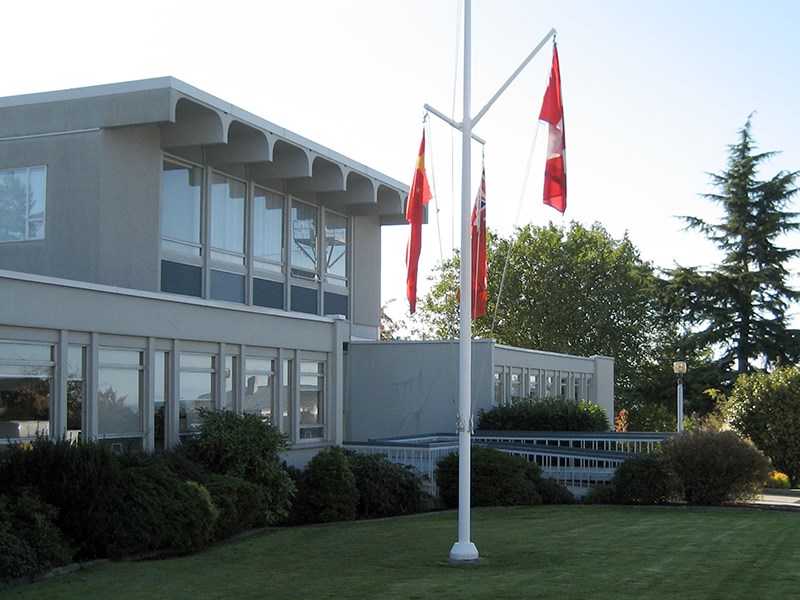A green vehicles policy and a green buildings policy has been approved by City of Powell River Council. The policies were adopted at the Thursday, July 4, council meeting.
According to a staff report from city director of planning services Thomas Knight, the intent of the policies is to require prioritizing low-carbon choices whenever economically feasible and profitable, and require evaluating low-carbon options, such as electrical heat pumps and electric vehicles, on a life cycle cost basis. Knight stated that while low-carbon technologies can have a higher up-front cost, they often result in lower life cycle costs and positive net present values of the initial cost premium investment.
Councillor CaroleAnn Leishman said she was happy to see the green vehicles and building policies coming forward.
“These are something that have been on our integrated community sustainability plan for a number of years,” said Leishman. “These are action items the city could bring forward to improve not only the carbon footprint but also to bring down costs.”
Leishman said initiatives that reduce the carbon footprint also save the city a lot of money. Sometimes the initial investment can be higher but there can be significant payback down the road, she added.
“Our sustainability planner has shown not only how much we can reduce our greenhouse gases, but also to save costs when you factor in life cycle costs of gasoline vehicles and also the maintenance of gas engines,” said Leishman. “Moving to electric vehicles is actually much more cost saving in the long run.”
Councillor Jim Palm said he had been having a discussion with city manager of recreation Neil Pukesh about how it would be good to have the ability to dim lights for events in the Powell River Recreation Complex arena.
“He assured me, because of the good work we are doing, we will have LED lighting throughout the recreation complex in the not too distant future,” said Palm. “That was good news as well.”
According to sustainability planner Ana Lukyanova, the goal of the policies is to reduce greenhouse gas emissions from municipal buildings, vehicles and equipment through smart vehicle and equipment purchasing, as well as building and capital upgrade choices that minimize greenhouse gas emissions and life cycle costs.



